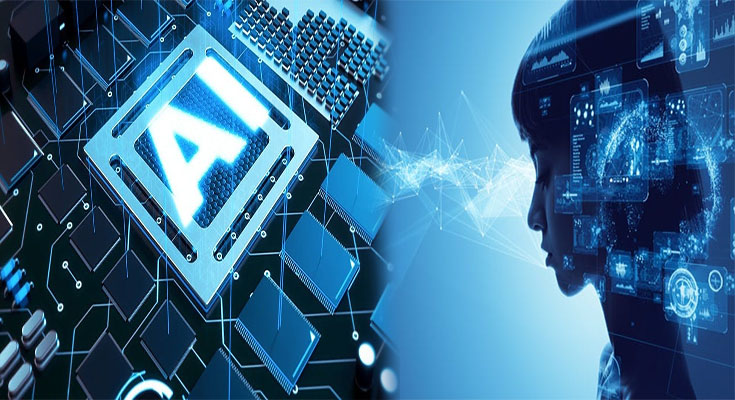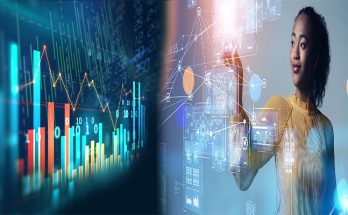Artificial intelligence (AI) is an important topic that we all need to get familiar with. It’s already affecting our daily lives, even if we don’t realize it. But why should you care about AI? Here are some reasons:
It’s a hot topic.
Artificial intelligence is a hot topic right now, and it’s not going away anytime soon. Companies are investing in AI and building products around it, people are talking about it on social media, and even the news has covered artificial intelligence in recent months.
This isn’t surprising given the amount of money being poured into research and development of machine learning algorithms (a subset of AI). According to Gartner’s latest report on emerging technologies: “Artificial intelligence will be more pervasive than ever before by 2020.”
It’s going to affect your job in the near future.
Artificial intelligence is already changing the job market, and it’s only going to get more prevalent in the near future. While some people are still skeptical about whether or not AI will replace humans completely, it’s clear that many jobs will be affected by artificial intelligence in some way.
If you’re worried about how this might affect your career and future prospects, here are some things to keep in mind:
The technology is advancing rapidly.
It is a technology that has been advancing at a rapid rate, and the rate of advancement is increasing. It’s changing the way we live, work, play and communicate with each other. In fact, artificial intelligence will change the way we work in ways you may not realize yet.
Artificial intelligence (AI) refers to human-like intelligence demonstrated by machines or software applications; this includes natural language processing (NLP), computer vision and voice recognition as examples of AI technologies.
Some jobs are already being replaced.
The use of artificial intelligence is growing, as evidenced by the number of jobs that have been replaced by robots. According to a recent report in Forbes, self-driving cars and automated customer service agents are two examples of how AI can be used to replace human labor.
Self-driving cars are being tested in many countries around the world and could eventually replace taxi drivers, Uber drivers and even truckers. This would mean that millions of people would no longer have jobs because they’re driving vehicles all day long (and some people do it for fun).
Artificial intelligence is also being used in manufacturing plants so that robots can build products faster than humans ever could–which means fewer workers will be needed at factories too! In addition to this: warehouses are employing robots instead of humans who would otherwise spend all day picking items off shelves one by one; military drones are already being used for surveillance purposes by governments around the globe but soon there may not need any humans operating them since these drones will be able to fly themselves autonomously thanks again…you guessed it…to artificial intelligence
Learning about AI will help you understand how it affects your daily life, even if you don’t have a technical background.
Even if you don’t have a technical background, AI is affecting your daily life. For example, when you search for something on Google or ask Alexa for the weather forecast, these intelligent systems are at work behind the scenes.
To fully understand how artificial intelligence affects your personal and professional life, it’s important to learn about its history and development–and what experts predict will come next.
Artificial intelligence is an important subject that we should all be aware of and prepared for
AI is a hot topic, and it’s only getting hotter. AI has the potential to disrupt our daily lives in a variety of ways: from self-driving cars and chatbots that answer questions, to robots that help around the house and even take over some jobs.
The technology is advancing rapidly–so fast that some jobs have already been replaced by machines trained on big data sets. This trend will continue as we get closer to true artificial intelligence (AI), which means learning about how AI works today will help you understand how it affects your daily life even if you don’t have technical training or work in computer science.
In conclusion, artificial intelligence is an important subject that we should all be aware of and prepared for. If you want to learn more about AI and how it affects our daily lives, check out our blog post on how to get started learning about this technology!





